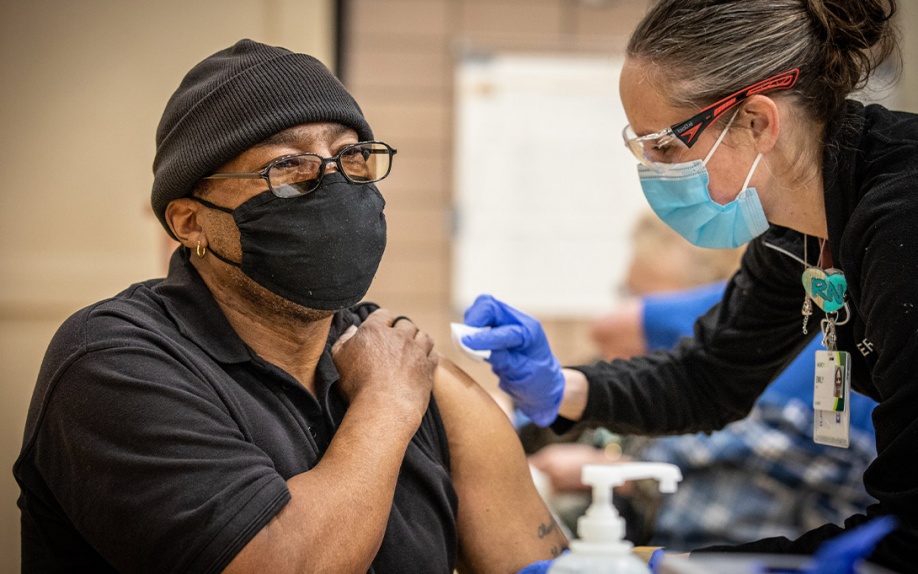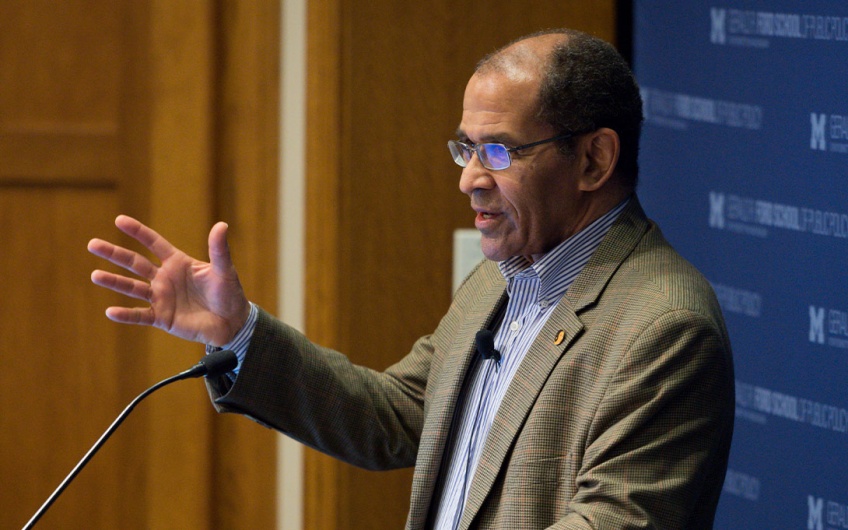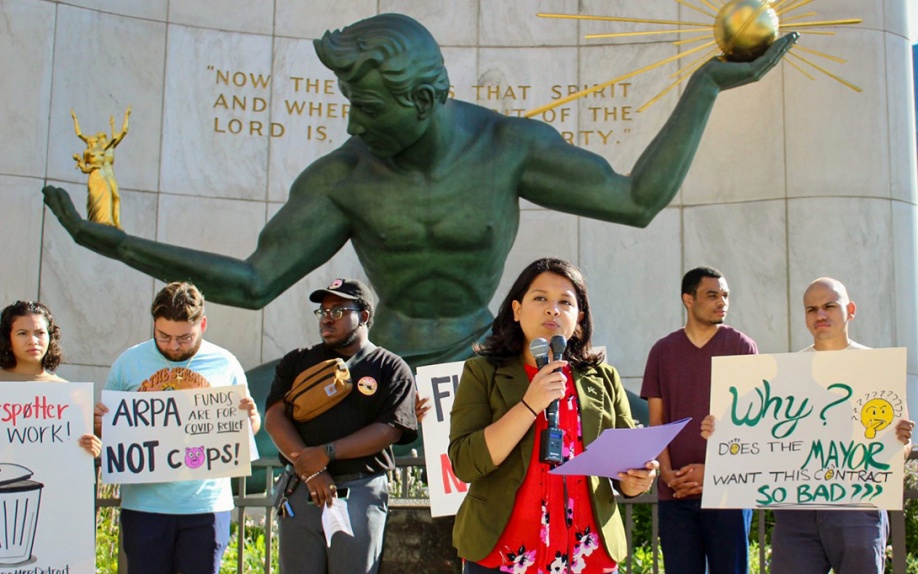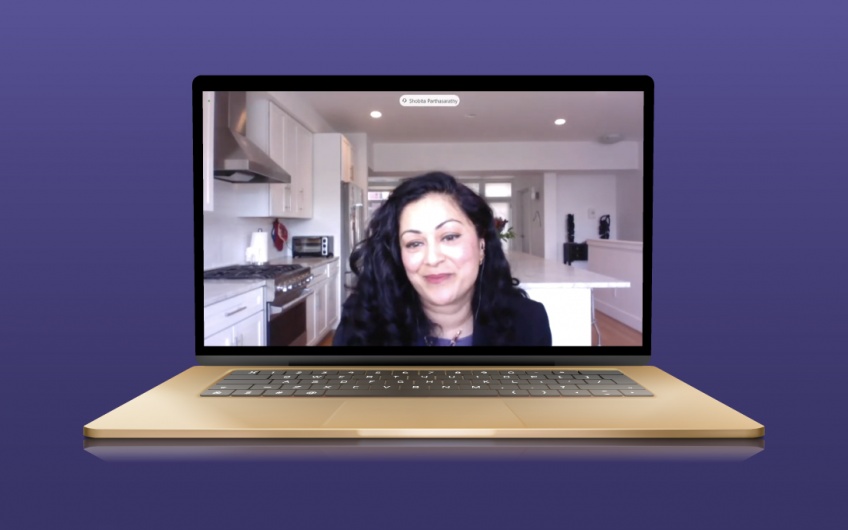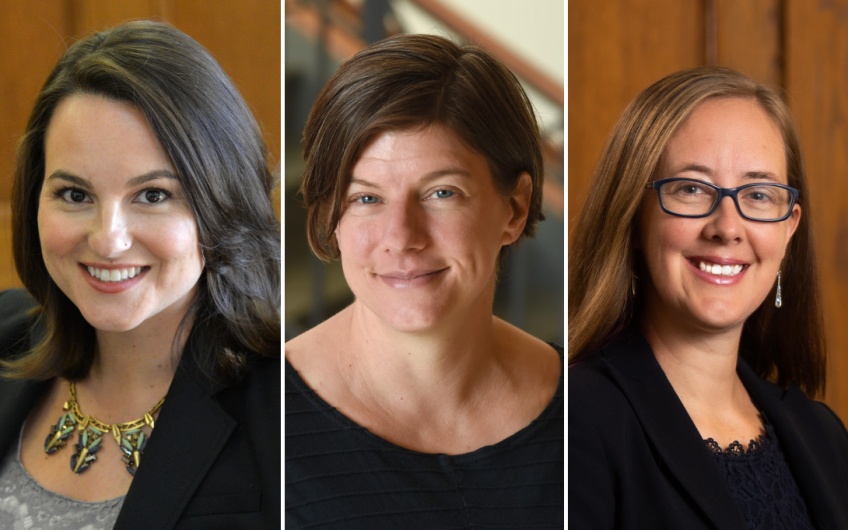Research & Policy Engagement
STPP is dedicated to fostering rigorous research from a range of disciplinary perspectives to inform scientists, engineers, and policymakers how we can develop and govern science and technology for the public good.
Our faculty, students, and staff engage in a variety of projects designed to inform the development of science, technology, and related policies. Many conduct scientific research on topics from climate change to pandemic modeling that inform public and public health responses. Others are devoted to ensuring that technologies are developed and distributed to promote the public interest and social justice goals, including artificial intelligence and clean energy. Finally, some develop systematic understandings of the political and policy landscapes of science and technology, examining the roles of experts, the differences in seemingly technical policies across countries, and the role of citizen activism. We amplify this research through our connections to science and technology policy leaders at the local, national, and international levels.
The STPP Program also sponsors multiple applied research projects. We help our students research, write, and disseminate policy briefs. We have also created the Technology Assessment Project, which is pioneering an analogical case study approach to anticipating the implications of emerging technologies.
Finally, a central tenet of the STPP Program’s philosophy is that we should not innovate for the people without engagement with people who are impacted by these policies. Thus, we partner with civil society groups and communities —particularly traditionally marginalized communities—to understand public values, priorities, and knowledge and then translate these insights to the scientific, engineering, and policy communities.
By answering questions that lawmakers had about scientific research practices, I gained a new appreciation for how influential effective science communication can be in shaping science policy."
Elizabeth A. Ronan, Molecular & Integrative Physiology Ph.D. Candidate & STPP certificate student

